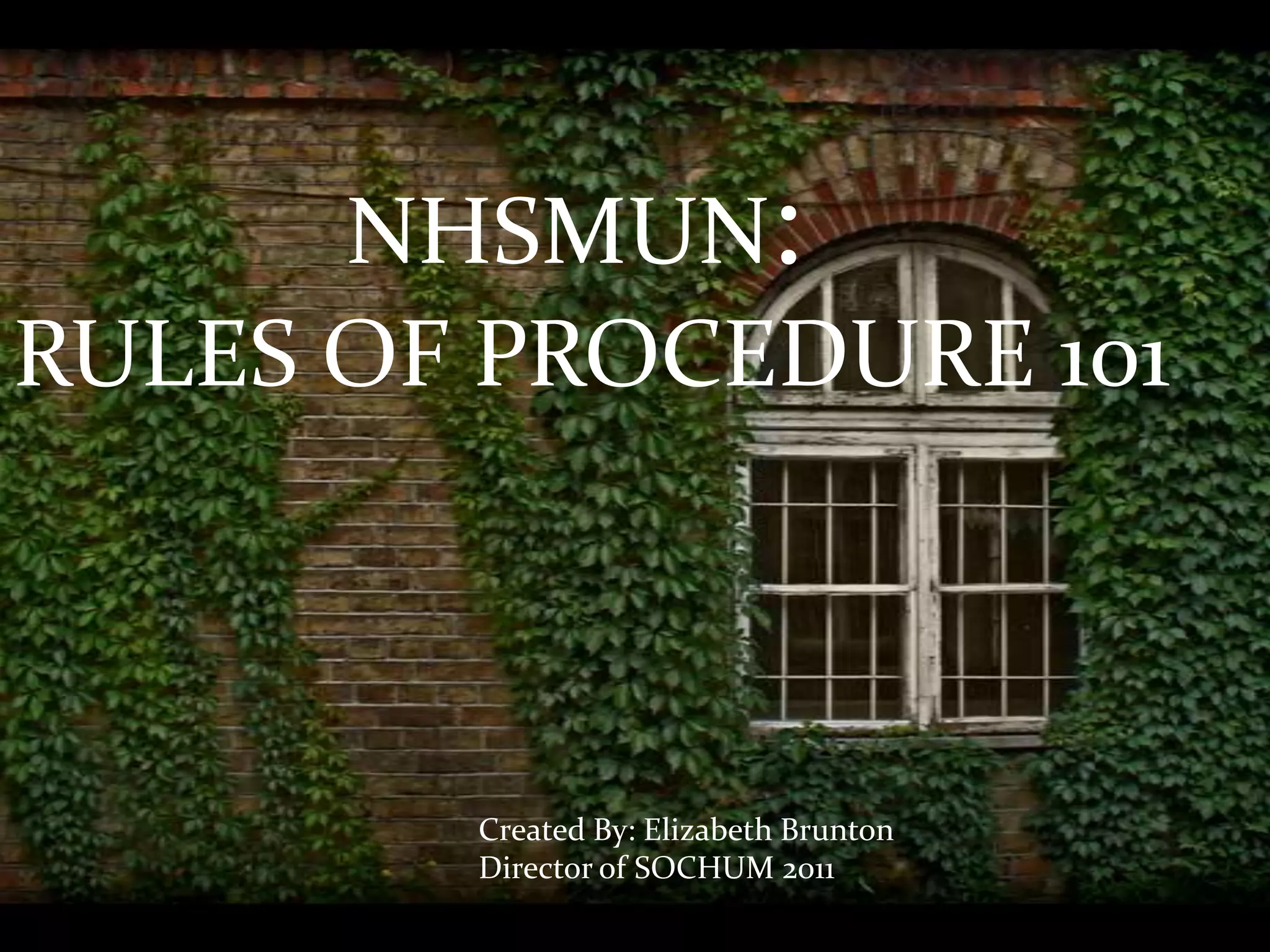The unwritten rules of professional etiquette
Nobody wants to be that colleague who has the messy desk or noisy working habits that get on everyone’s nerves. These in-person workplace etiquette tips will ensure you’re a pleasure to work in an office with https://aviator-game-online.net/.
We hope you’ve learned a thing or two that will help you get ahead at work. For office furniture that will keep you comfortable in all of your efforts to be your best work self, browse our full range of office chairs and office desks.Contact the friendly experts at if you have any questions or queries about our office furniture.
Workplace etiquette encompasses a set of unwritten rules and social norms that govern behavior and interactions within a professional setting. While specific customs may vary across industries and cultures, certain principles of etiquette remain universally applicable. These principles revolve around respect, courtesy, professionalism, and effective communication.
Formal rules of procedure or etiquette
Protocol, on the other hand, refers to a set of formal rules and procedures that govern official or ceremonial events. It is more rigid and structured than etiquette, focusing on the correct sequence of actions and the proper behavior expected in specific situations. Protocol is often associated with diplomatic, governmental, and royal events, where adherence to established rules is crucial to maintain order and convey symbolic meanings.
A cheat sheet should encapsulate everything you need to know in order to successfully perform your role in a meeting. It should also contain all the main steps you and other board members will be required to go through, so you can both familiarize yourself with the procedure beforehand and have a reminder handy even at the 11th hour.
Remember not to just copy and paste a Robert’s Rules motions cheat sheet from the internet. You should adapt it according to your company’s unique aspects — that can include going over the company’s bylaws to understand whether they dictate any special procedures or conditions for committee and board meetings.Elevate your understanding of parliamentary procedures and foster efficient decision-making. Don’t miss out — grab your cheat sheet now and become a master of Robert’s Rules of Order!
Yes, Robert’s Rules of Order can be applied in informal settings such as community groups, or clubs, provided all participants agree to use these rules. In such cases, the level of formality can be adjusted to suit the specific needs of the group. The key is consensus among participants to adhere to the rules and principles outlined.
Yes, members can appeal a decision made using these board meeting rules. An appeal allows members to challenge a ruling or decision made by the chair or the assembly. You can utilize motions like “appeal the decision of the chair” or “division of the assembly”. The assembly then votes to uphold or overturn the decision in question.

Rules of email etiquette
Knowing when to use CC (carbon copy) and BCC (blind carbon copy) is important. Use CC for people who should be included in the conversation. They can see each other’s email addresses and reply if needed.
When writing emails, following certain core principles can help you communicate effectively. This section will cover key areas such as clarity, tone, subject lines, and response timing to improve your email skills.
You should always address your email recipients the way they’d like to be addressed. Some might prefer to be addressed by their first name, while others might prefer a title like “Mr.,” “Ms.,” or “Dr.” If you’re not sure, opt for the more formal option.
If you have an attachment to share, explain to the recipient what it is and how you’d like them to interact with it—by reading, commenting, signing, etc. Sending an attachment without a description could leave the recipient puzzled—or even suspicious of a phishing attempt.
Mastering email etiquette is essential for effective communication in both professional and personal settings. By adhering to these best practices, you can ensure your emails are clear, respectful, and impactful. Whether you’re reaching out to colleagues, clients, or friends, a well-crafted email can help convey your message effectively and foster positive relationships.
How you use email will leave an impression with who you send your messages to, especially if you have yet to meet the recipient in person. Email acts as your first impression. This is especially true for job seekers. Using email inappropriately can put you on the „do not call” list with recruiters and others in your network.
